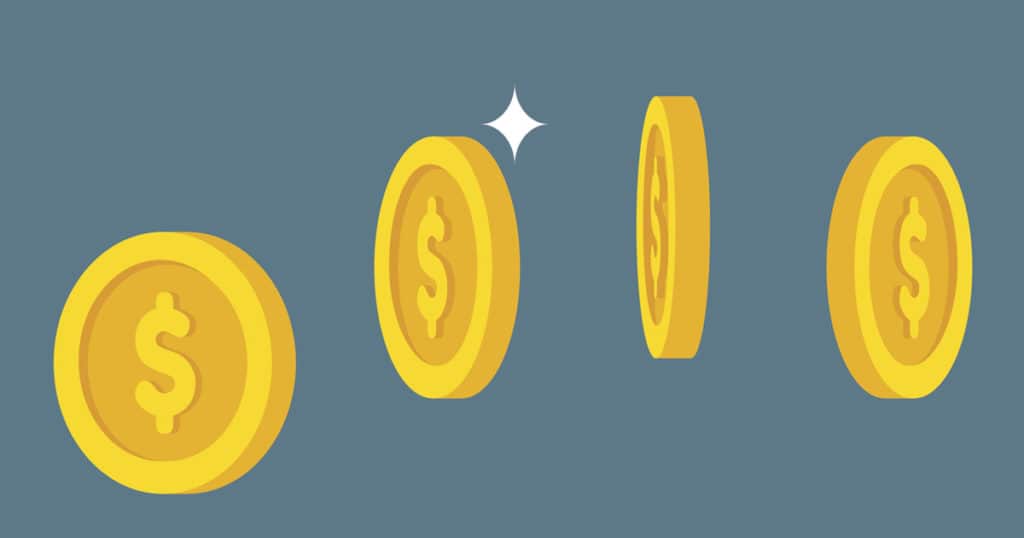Early interactions with finances can affect a person’s standard of living for the rest of their life. This includes not just money but credit and even the stock market. That realization prompts proactive parents to prioritize teaching kids good personal finance. The good news is that this is a lot easier than most parents might think and the earlier they get started, the better.
Start With Your Finances
When it comes to money management, the proof is in the pudding. The only way to ensure you’re giving your children good advice is to teach them what has worked for you. Your children will also judge the strength of your advice by the proof. They may not have a concept of money, but they do have a concept of their standards of living versus that of their friends or other family members.
Share the Finances
Children who grow up to be good with money often share stories of their familiarity with the family budget. These children had an early understanding of their parents’ incomes, what the bills were and how to invest. If you don’t feel comfortable sharing this information with your child, create a fictional economy in the home so children can gain practical experience in this way.
Pay an Allowance
The keyword here is “pay,” not give. When parents give an allowance, regardless of children’s performance, it can breed feelings of entitlement. Smart parents provide incentives for children to earn an allowance through good grades, completing chores or staying out of trouble. If you have multiple children, consider the factors carefully so that each child has the opportunity to earn a fair allowance, based on their strengths.
Create a Savings Account
High-interest savings accounts are the best option for saving money. This money can grow exponentially over the next few years, no matter how small children start. While saving is important, parents should strike a balance between encouraging children to save and allowing them to spend their money. Otherwise, children might begin to see saving as punishment instead of an investment.
Start Investing Money
A stock market is a complicated machine, even for adults. Because of this, parents might worry about how to break it down for children to understand. The easiest way is to let children invest their own money. Parents can guide their financial decisions and start small. They can then track the performance of the stock with their children. Parents who do not have a good grasp of how the stock market works can use Robo-advisors.
Explain How Credit Cards Work
People who do not understand how credit cards work before getting one, often learn the hard way. Horror stories include not knowing they actually had to pay the money back or thinking only making the minimum payments was enough. Parents should explain how credit cards work, the role they play in a well-oiled financial machine, and how usage affects credit scores.
Help Them Build Credit
You can begin the process of building your children’s credit by adding them to your credit cards. CNBC reports that parents may be able to start doing this from as early as 13 to 15 years old. Some parents might want children to get some experience building independent credit, first. To accomplish this, encourage children to start saving early for a secured credit card.
Consider a Student Card
Banks often offer student versions of their financial products. Student credit cards generally exist for young adults enrolled in two-to-four-year college programs. Some programs require proof of U.S. citizenship and proof of income. Your child might also need to be 18 years or older to qualify. Check with your bank to see what their offerings are.
Co-Sign on Accounts
During your child’s earliest credit-using years, they may need some extra help. They may need you to cosign on a car loan or even student loans. Be sure to teach your kids the importance of paying bills on time and that you will become financially liable if they fail to do so. If you want to confirm your child is responsible enough before handing over control of the account, he or she can give you the money to make the payment yourself.
Advise on Tradelines
The main reason you would consider adding your child to your accounts is to extend their credit histories by allowing them to piggyback on your own. However, you could have brand-new credit yourself, especially if you are an immigrant or only recently began to use credit accounts. Purchasing tradelines can help people fill this gap.
When teaching kids good personal finance, parents should focus on building good habits. However, tradelines also provide an excellent opportunity for children to not just build credit, but remedy mistakes and poor decisions. The trick is choosing a reputable company with good tradeline offerings. Contact Coast Tradelines for more information or to submit an application.





